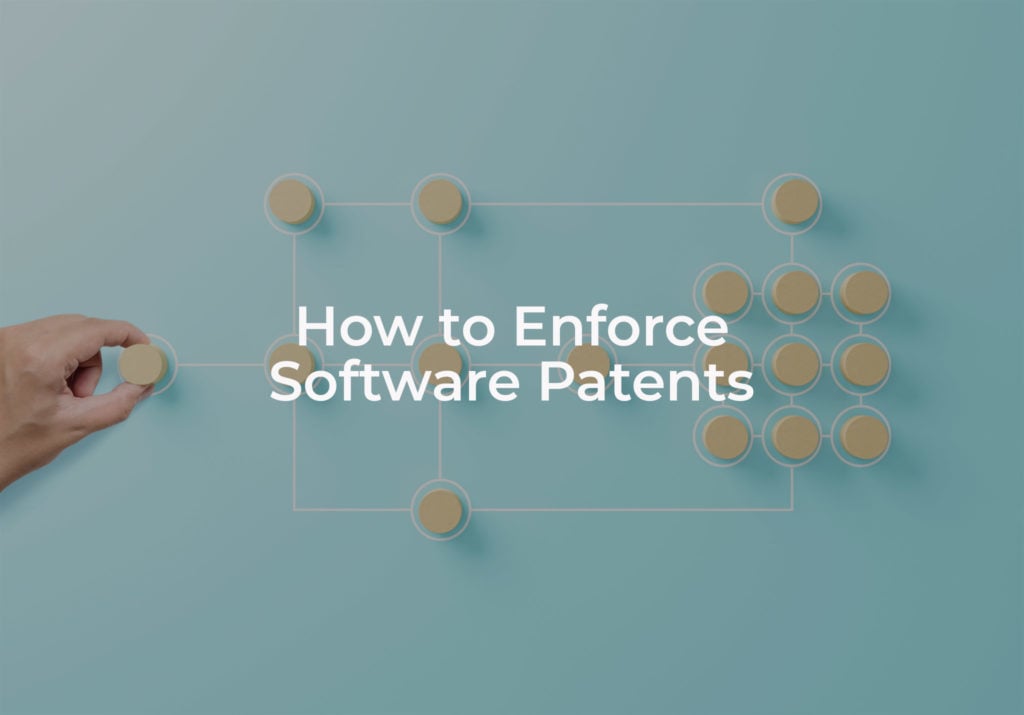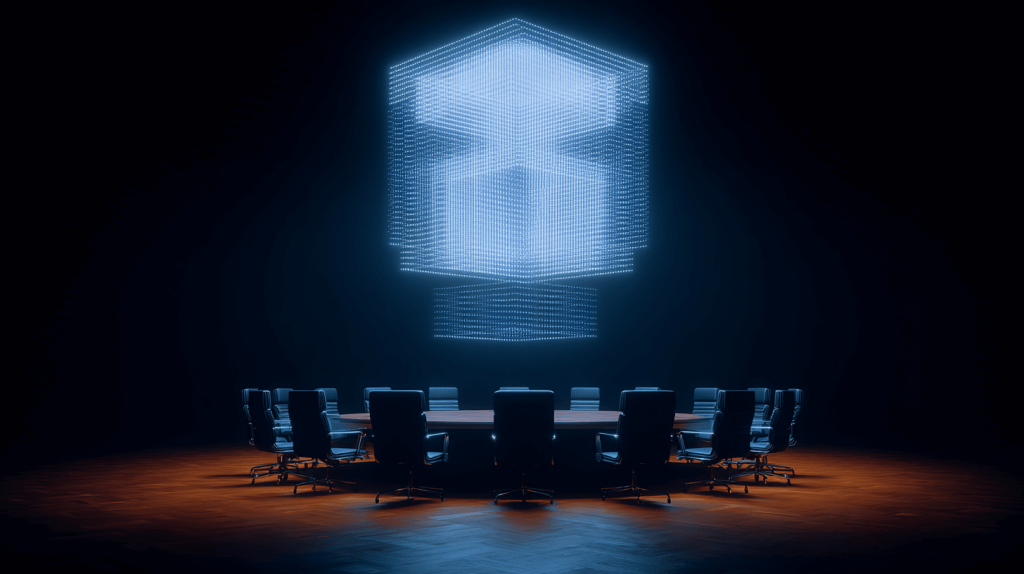The United States first recognized the importance of patents before its founding and authorized the granting of patents in Article One, section 8, clause 8 of the U.S. Constitution. The first patent law was passed several years later, in 1790. As such, U.S. patents have a history of over two hundred and thirty years. The term “software” was first coined in the 1950s and the first modern software programs that were stored in memory were created in the mid-1940s. You may ask yourself, how does a revolutionary technology that was invented relatively recently fit into a framework that was drafted roughly one hundred and fifty years prior? The answer is: it’s complicated. While software patents have been granted that relate to a wide variety of technological fields, recent court decisions led some commentators to question whether software patents are enforceable at all. In prior articles we have discussed how the United States Patent and Trademark Office (USPTO) analyzes software related patent applications, so this article will explore whether and how to enforce a patent granted on software.
Are Software Patents Enforceable?
Despite common software patent myths, In 2014 the United States Supreme Court issued its most influential decision regarding software related patents in Alice Corp. v. CLS Bank Int’l. The fallout from the Court’s decision led many observers to speculate (and some to outright declare) that software patents were dead. With the benefit of hindsight we can now see that software patents certainly are not dead, although arguing for their enforceability may require more finesse than with other types of technology.
Under the framework set up in Alice, courts will apply a two-part test to software related patents. First they will determine whether the claims in the patent at issue are directed to subject matter that is ineligible for a patent, such as abstract ideas. If the court determines that the claims are directed to abstract ideas, then the court will determine whether other elements in the claims transform their nature into a patent eligible concept. Early on, many software patents failed to pass muster under this rubric. This is wholly unsurprising, given the fact that the rubric had not existed when the patents had been drafted. However, the bulwark against software patents has started to give way after many years, new rules set out by the USPTO, and additional decisions by the courts.
Certain characteristics of enforceable patents that have emerged include the general requirement that they must be tied to a tangible medium and they must recite a level of specificity as to their details. Courts also seem to be more open to enforceability if the software creates some tangible, real-world and if the software is not just taking advantage of existing functionality of hardware
Now that we’ve discussed that software patents can be enforceable, what mechanisms of enforcement are available to inventors and companies that own patents for software?
How Are Patents Enforced?
When you realize that someone is likely infringing your patent, the first step is often to perform an in-depth infringement analysis. While this analysis is often initially performed informally by engineers, inventors, and executives, it is important to discuss your findings with a well-seasoned patent litigation attorney. They will perform a limitation-by-limitation analysis of the claims that carefully considers each word and its impact on the enforceability of the patent against the product that is suspected of infringing the claims. In some instances, even if the infringing product does not literally perform every step of the software in the exact way claimed, the appropriately named “doctrine of equivalents” will apply. This doctrine allows for enforcement against products that are sufficiently equivalent in what they do and how they do it to be infringing. Assuming that the result of such analysis confirms the theory that the product infringes the claims, the attorney may recommend filing a lawsuit against the infringing party or parties.
When infringement is proven, the remedies that a patent owner can expect generally fall within a few categories. One is monetary damages, whereby the court may order that the defendant or infringing party must pay an amount of money for the infringing products. Another is an injunction, whereby the court may enjoin or prevent the defendant or infringing party from performing certain actions, such as selling any more infringing products.
When Can You Enforce A Patent?
If you have a valid software patent (for the context of this article, a utility patent) that is found enforceable you can expect that the enforcement period for the patent is within a twenty year period from the patent’s first priority date. This first priority date may be the date your non-provisional patent was filed, or it could be earlier, if your patent relied on an earlier filed provisional application. Although the patent will expire after twenty years, it may still be possible to file and win a patent infringement lawsuit if you are able to prove that the acts of infringement occurred when the patent was still valid and in force.
Software Patent Enforcement Examples
Although the focus of this article has been on software patent infringement, it is worth noting that many companies have attempted a multi-pronged litigation approach when trying to protect their valuable software products. These other prongs often include arguments about software as trade secrets and software copyrights. While this may be a useful strategy in some cases, it is important to understand the intersection of these different types of intellectual property and their interplay.
Attempting to protect software using trade secret law can be an effective litigation tactic. In fact, one trade secret plaintiff secured more than $845 million in damages in a 2018 case. However, it should be noted that trade secret case theories rely on the fact that the software at issue is a secret. Therefore, any software patent that is owned is likely to have a preclusive effect on at least part of the trade secret theory, since patents are public documents and therefore their subject matter is inherently not secret.
Copyright law has also been used to successfully protect software in many cases. Unlike patents, which cover functional aspects on an invention, copyrights cover expressive aspects of their subject matter. These distinctions affect the analysis and results of their underlying litigation claims.
Turning back to software patents, all manner of infringement cases have resulted in large and small verdicts alike. Some of the largest cases have resulted in staggering billion-dollar verdicts (e.g. Microsoft v. Samsung), while many more have resulted in verdicts in the hundreds of millions (e.g. Apple, Microsoft, Sony, Pitney Bowes, HP), and many others of all levels of damages.
Consult With an Experienced Software Patent Attorney
An IP attorney with extensive software patent litigation experience can assist you in protecting your innovation by identifying infringing products and assisting you in selecting the best enforcement tools for your particular infringement situation.
At The Rapacke Law Group, we offer patent services to tech startups on a transparent, flat-fee basis, without the hassle of hourly billing or charges for calls or emails.
Still have questions about what type of IP protection is right for your situation? Take our Intelligent IP Quiz or schedule your free phone consultation at to speak with an experienced IP attorney about protecting your software innovation.




